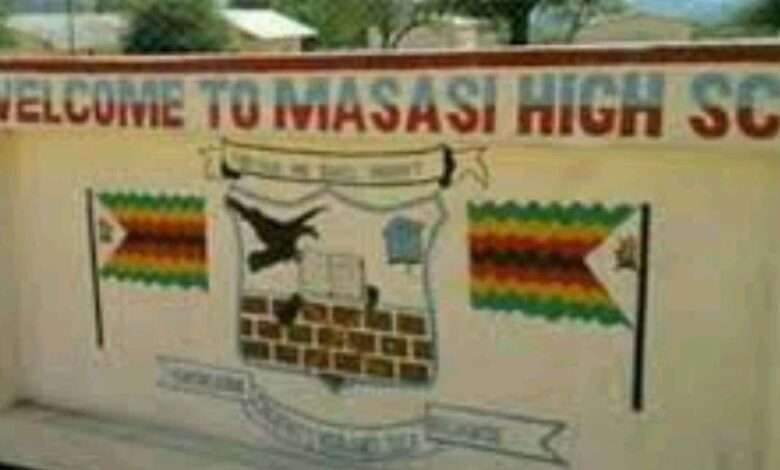GoZ Gazettes Unrealistic Fees Structure for 2024
The fees are denominated in US dollars though parents and guardians have the option to pay in Zimbabwean dollars

GoZ Gazettes Unrealistic Fees Structure for 2024
Primary and Secondary Education Minister Torerayi Moyo has officially announced the school fees for 2024 making it easier for parents to plan ahead.
Wise Owl Torches School Fees Storm
The tuition fees, which were gazetted on Monday, vary depending on the type of school and its location.
For primary schools, the fees are as follows: P3 rural schools will charge US$5 per term, P2 schools in high-density suburbs will charge US$10 per term, and P1 low-density suburban schools will charge US$20 per term.
Although the fees are denominated in US dollars, parents and guardians have the option to pay in Zimbabwean dollars at the prevailing exchange rate on the date of payment.
Secondary schools have their own fee structure outlined in Statutory Instrument 240 of 2023, known as the Education (Tuition and Boarding Fees) (Government Schools) (Amendment) Regulations, 2023 (No. 1).
According to this regulation, S1 schools in low-density suburbs will charge US$40 per term, S2 schools in high-density suburbs will charge US$20 per term, and S3 schools in rural areas will charge US$10 per term.
These fees are unrealistic as they only cover a small portion of the total costs, although the government is covers the salaries of teachers in government schools and other expenses.
This level of support can be seen in the fees set for foreign students, who are not eligible for government assistance.
Foreign students attending primary government schools are required to pay US$300 per term, while those attending secondary schools need to pay US$400 per term.
GoZ Gazettes Unrealistic Fees Structure for 2024
These fees must be paid in US dollars.
While the number of foreign students is limited, these fees provide insight into the level of support the government offers to Zimbabwean students.
The fact that government school teachers are civil servants assigned to schools, rather than being employed by the schools themselves, is a significant advantage provided by the government.
It’s worth noting that tuition fees collected by schools can be used for purchasing materials and covering other expenses.
Additionally, the government’s Basic Education Assistance Module (BEAM) program supports students from the poorest families by covering their tuition fees.
Furthermore, some government schools have the option to request a top-up levy from parents through school development associations.
However, the implementation of such charges requires the majority of parents to agree, and the Ministry of Education has to approve the proposed charges.

























